-
 Sarah
Hi there! Welcome to my shop. Let me know if you have any questions.
Sarah
Hi there! Welcome to my shop. Let me know if you have any questions.
Your message has exceeded the limit.

Pharma R&D: Secure & Organized Storage for Histological Samples
2025-11-04 16:38:28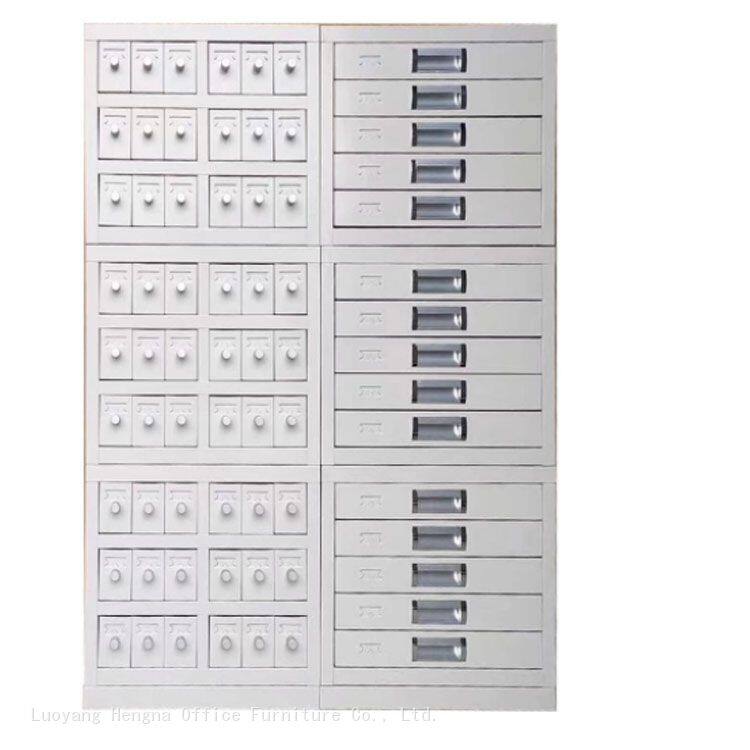
Pharmaceutical research and development relies heavily on histological samples that serve as critical endpoints in drug development studies, safety assessments, and efficacy trials. These valuable samples require specialized storage solutions that ensure security, organization, and preservation throughout lengthy development processes. This comprehensive examination explores how dedicated storage systems support pharmaceutical R&D operations and protect irreplaceable research materials.
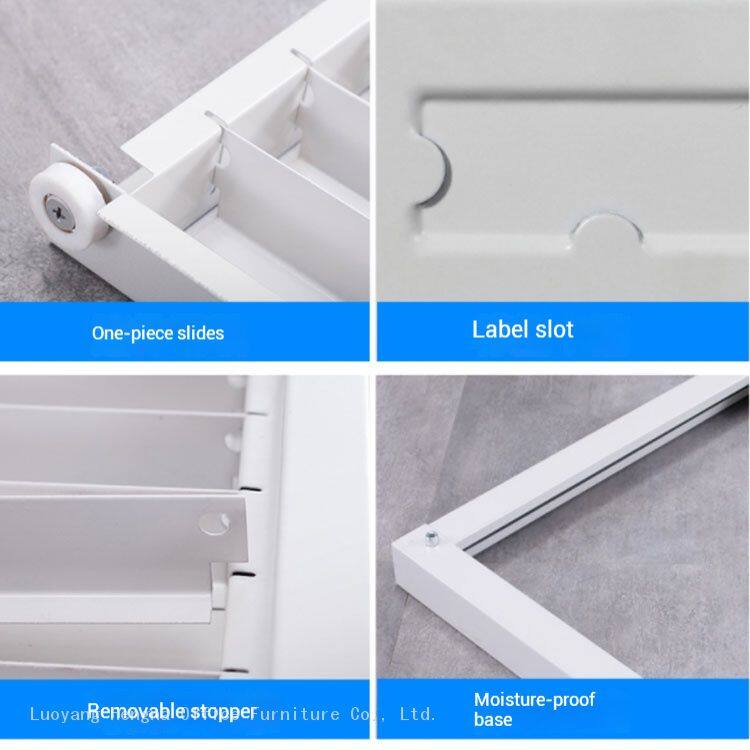
Sample Security and Access Control
Pharmaceutical R&D facilities handle sensitive research materials that require stringent security measures to protect intellectual property and maintain research integrity. Histological sample storage cabinets provide multi-layered security through advanced locking mechanisms, access logging systems, and user authentication protocols. These security features prevent unauthorized access and maintain comprehensive records of sample handling activities.
The security requirements extend to supporting various regulatory compliance needs including FDA 21 CFR Part 11 requirements for electronic records and signatures. Storage systems that integrate with pharmaceutical laboratory information management systems enable secure access tracking and audit trail maintenance. This integration supports regulatory compliance and protects valuable research data throughout drug development processes.
Long-Term Sample Preservation
Pharmaceutical development programs span multiple years, requiring histological samples to remain viable for extended periods. Storage cabinets provide controlled environments that protect samples from degradation factors including temperature fluctuations, humidity variations, and light exposure. The sealed drawer compartments create stable microenvironments that maintain sample integrity throughout lengthy development timelines.
The preservation requirements vary based on sample types and research methodologies. Different drug development studies may require samples stored under specific conditions or with particular preservation methods. Advanced storage systems can accommodate these diverse requirements through customizable environmental controls and specialized drawer configurations that support various research protocols and testing methodologies.
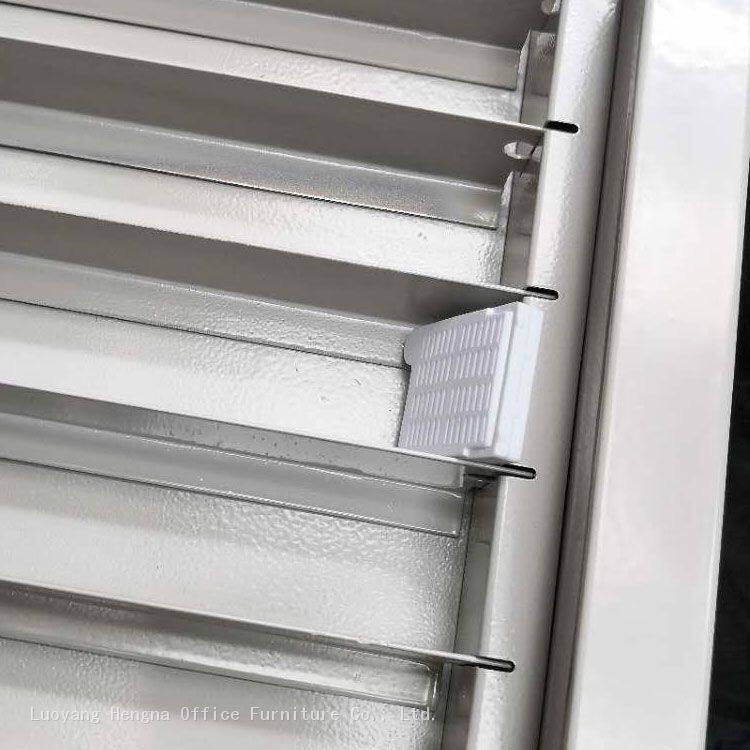
Support for Multiple Development Phases
Pharmaceutical R&D encompasses various development phases from preclinical studies through clinical trials, each with unique sample management requirements. Storage systems must accommodate these diverse needs through flexible configurations that support different research stages. Preclinical studies may require extensive sample archives for safety assessment, while clinical trials need organized storage for efficacy endpoint samples.
The multi-phase support extends to facilitating sample sharing between different research teams and development stages. Organized storage systems enable smooth transitions of samples between preclinical, clinical, and regulatory affairs departments. This seamless transfer supports efficient drug development workflows and prevents delays associated with sample location and documentation issues.
Integration with Research Documentation
Pharmaceutical R&D requires comprehensive documentation that supports regulatory submissions and patent applications. Histological sample storage systems integrate with documentation platforms to maintain detailed records of sample collection, processing, and storage conditions. This integration ensures complete traceability throughout development processes and supports regulatory compliance requirements.
The documentation benefits extend to supporting various research activities including study design, data analysis, and report preparation. Organized storage systems enable researchers to quickly locate and access needed samples for additional testing or verification studies. This efficiency supports comprehensive data collection and analysis, strengthening regulatory submissions and supporting successful drug approval processes.
Support for Collaborative Research Programs
Pharmaceutical development increasingly involves collaboration between multiple research sites, contract research organizations, and academic partners. Storage systems facilitate this collaboration through standardized organization methods that enable efficient sample sharing and exchange. Researchers can quickly locate and prepare samples needed for collaborative studies or external validation experiments.
The collaboration benefits extend to supporting multi-site clinical trials and research programs. Organized storage systems enable consistent sample handling and documentation across different research locations. This standardization supports data comparability between sites and facilitates regulatory review of multi-center study results.
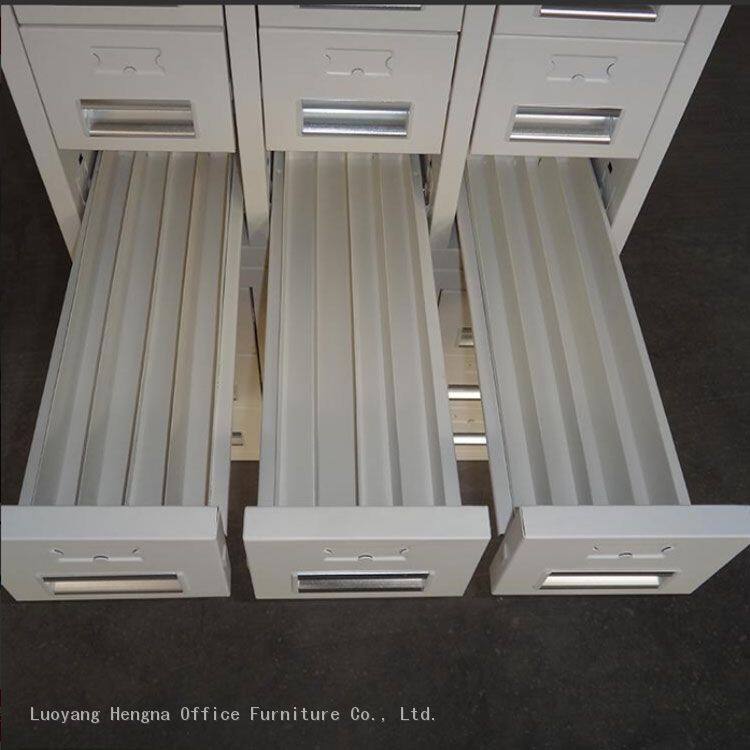
Regulatory Compliance and Quality Assurance
Pharmaceutical R&D operates under strict regulatory requirements that govern sample handling, documentation, and storage conditions. Histological sample storage systems support compliance through organized storage that facilitates proper documentation and quality control procedures. The systematic arrangement enables companies to demonstrate compliance during FDA inspections and regulatory reviews.
The compliance benefits extend to supporting various quality assurance programs including Good Laboratory Practice (GLP) and Good Clinical Practice (GCP) requirements. Storage systems that maintain detailed access logs and environmental monitoring data support quality assurance audits and regulatory inspections. This capability protects pharmaceutical companies from compliance issues that could delay drug development or approval processes.
Scalability for Growing Research Programs
Pharmaceutical R&D programs expand and contract based on pipeline development and funding availability. Storage systems must accommodate these fluctuations through scalable designs that can expand or contract based on changing research needs. Modular configurations enable companies to adjust storage capacity without complete system replacement, protecting initial investments while supporting growth.
The scalability benefits extend to supporting new research areas and therapeutic modalities. As pharmaceutical companies expand into new disease areas or develop new types of therapeutics, storage systems can adapt to accommodate different sample types and storage requirements. This flexibility supports business growth and enables companies to pursue diverse research opportunities without infrastructure limitations.
Cost-Effective Research Infrastructure
Pharmaceutical R&D represents substantial investment that requires careful optimization of infrastructure costs. Histological sample storage systems provide cost-effective solutions through durability, adaptability, and operational efficiency. The initial investment yields returns through improved research productivity, reduced sample loss, and enhanced regulatory compliance capabilities.
The cost-effectiveness extends to supporting various business objectives including patent protection, regulatory approval, and commercialization. Proper sample storage and documentation strengthen patent applications and support successful regulatory submissions. The ability to maintain long-term sample archives also supports post-marketing surveillance studies and additional research opportunities, providing ongoing value beyond initial development needs.
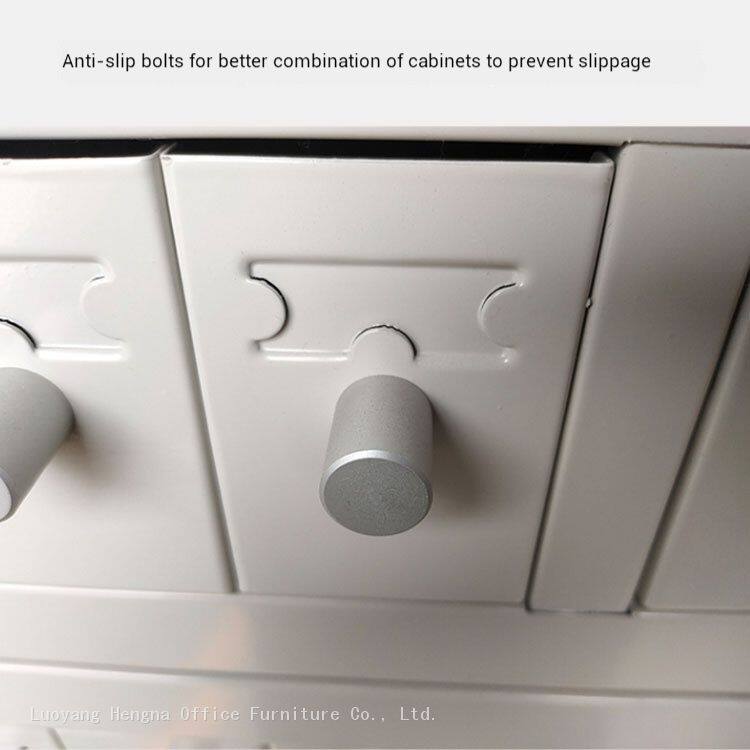
Support for Advanced Research Technologies
Pharmaceutical R&D increasingly incorporates advanced technologies including digital pathology, artificial intelligence, and automated analysis systems. Storage systems must integrate with these technologies to support modern research methodologies. Integration capabilities include barcode scanning, digital inventory management, and automated sample tracking that enhance research efficiency and accuracy.
The technology integration benefits extend to supporting data management and analysis. Organized storage systems enable efficient sample collection for digital analysis and machine learning applications. This capability supports advanced research methodologies and enables pharmaceutical companies to leverage cutting-edge technologies in drug development processes.
Future-Proofing Research Capabilities
Pharmaceutical research continues to evolve with new technologies, regulatory requirements, and scientific methodologies. Storage systems must provide future-proofing capabilities that enable companies to adapt to these changes without complete infrastructure replacement. Modular designs and technological integration capabilities ensure that storage investments remain valuable as research needs evolve.
The future-proofing benefits extend to supporting emerging therapeutic areas and research approaches. As pharmaceutical companies develop new types of treatments including cell therapies, gene therapies, and personalized medicines, storage systems can adapt to accommodate different sample types and storage requirements. This adaptability supports long-term research excellence and maintains competitive advantage in the pharmaceutical industry.
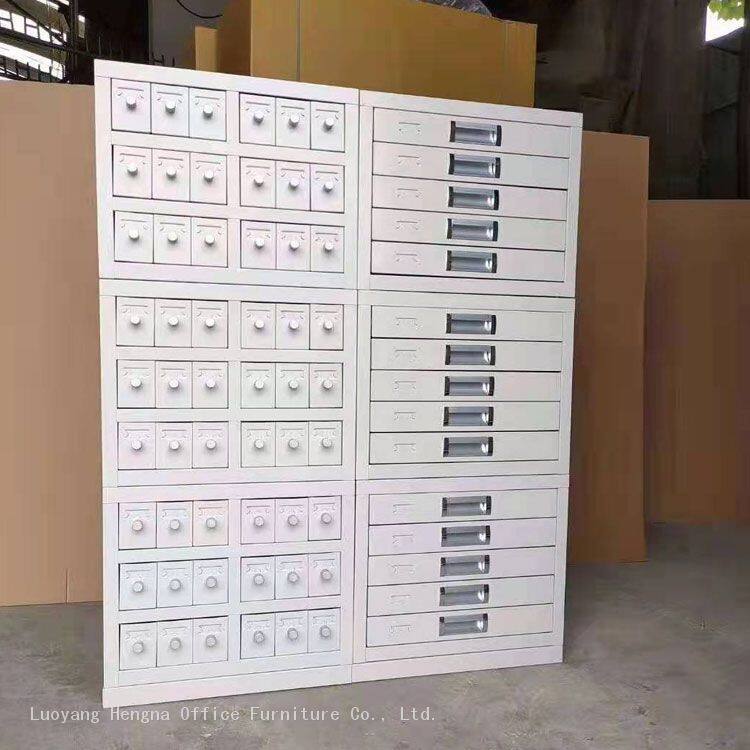
Tags: Pharma R&D, Secure & Organized Storage, Histological Samples

